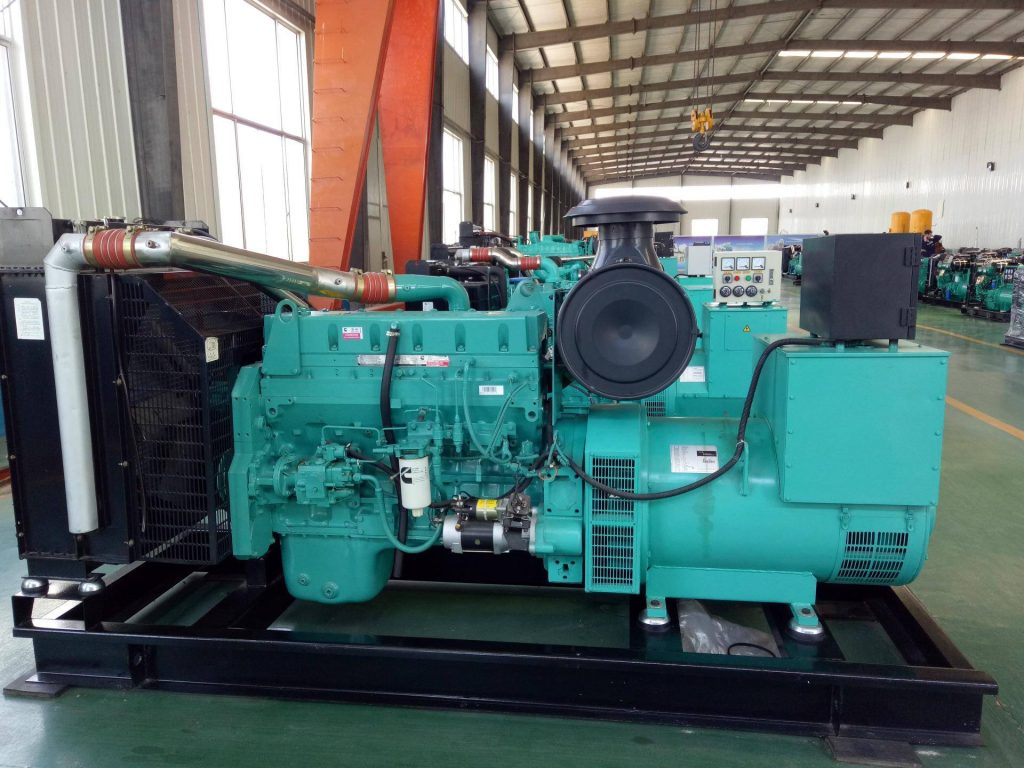Introduction
Diesel generators are essential power sources in various industries and applications where a reliable and continuous power supply is crucial. These generators are known for their robustness, durability, and high efficiency, making them a popular choice for both prime and standby power generation. However, the performance of diesel generators can be significantly affected when operating in low-temperature environments. In this article, we will explore the challenges of operating diesel generators in low temperatures and discuss the solutions and best practices to ensure their efficiency and reliability in such conditions.
Challenges of Low-Temperature Operation
Low temperatures pose several challenges for diesel generators, affecting their performance, efficiency, and reliability. https://www.lkpowerplant.com/product/quick-delivery-emergency-standby-power-400kw-silent-type-diesel-generator-set-for-peru/ of the key challenges include:
1. Fuel Gelling: Diesel fuel can thicken and form gel-like substances at low temperatures, leading to clogged fuel filters, injector issues, and ultimately affecting the engine's performance.
2. Battery Performance: Cold temperatures can reduce the efficiency of batteries, affecting their ability to start the generator and provide adequate power for the electrical system.
3. Lubrication Issues: Cold temperatures can cause the engine oil to thicken, affecting its ability to lubricate the engine components properly and potentially causing damage to the engine.
4. Cooling System: Low temperatures can impact the efficiency of the engine's cooling system, affecting the engine's overall performance and potentially leading to overheating issues.
5. Starting System: Cold temperatures can make it challenging to start the diesel generator, requiring additional heating elements or preheating systems to ensure a reliable start-up.
Solutions for Low-Temperature Operation
To overcome the challenges associated with low-temperature operation, diesel generator users can implement various solutions and best practices to ensure the efficiency and reliability of their generators. Some of the key solutions include:
1. Winterized Fuel: Using winterized diesel fuel with additives that prevent gelling and improve cold-weather performance can help maintain the fuel's flowability and prevent clogging issues.
2. Battery Heaters: Installing battery heaters or using battery blankets can help maintain the batteries' temperature and improve their performance during cold weather, ensuring reliable start-ups.

3. Engine Block Heaters: Engine block heaters can be used to preheat the engine and engine oil, ensuring proper lubrication and facilitating easier start-ups in cold temperatures.
4. Coolant Heaters: Coolant heaters can be used to preheat the engine's cooling system, ensuring that the engine operates at the optimal temperature range and preventing overheating issues.
5. Cold-Weather Kits: Many diesel generator manufacturers offer cold-weather kits that include features such as battery warmers, oil pan heaters, and other components designed to enhance the generator's performance in low temperatures.
Best Practices for Low-Temperature Operation
In addition to implementing specific solutions, the following best practices can help optimize the performance and reliability of diesel generators in low-temperature environments:
1. Regular Maintenance: Regular maintenance and servicing of the diesel generator are essential to ensure that all components are in good working condition and ready to perform efficiently in cold weather.
2. Fuel Quality: Using high-quality diesel fuel and ensuring proper fuel storage practices can help prevent fuel gelling issues and ensure the generator's fuel system operates smoothly in low temperatures.
3. Monitoring Systems: Installing monitoring systems that provide real-time data on the generator's performance, fuel levels, battery status, and other key parameters can help detect and address issues promptly in cold weather.
4. Cold-Weather Testing: Conducting regular cold-weather testing and exercising of the diesel generator can help identify any potential issues and ensure that the generator is ready to perform when needed in low temperatures.
5. Shelter and Insulation: Providing a sheltered and insulated location for the diesel generator can help protect it from extreme cold temperatures and adverse weather conditions, ensuring its reliability and longevity.
Conclusion
Diesel generators are reliable power sources that can deliver consistent performance in a wide range of operating conditions. However, operating these generators in low-temperature environments presents specific challenges that need to be addressed to ensure their efficiency and reliability. By implementing the right solutions, best practices, and maintenance strategies, diesel generator users can optimize their performance in cold weather and ensure a continuous and reliable power supply for their critical applications.
